8 Types of Genetic Testing and When You Need Them
What can your DNA tell you about your future health?
An understanding of genetics is the foundation of precision medicine and personalized healthcare. Genetic testing is powerful, and incredibly versatile, for many stages of screening and detailed testing.
This post explores eight common genetic tests that reveal insights hidden in your genes.
1. Carrier Screening

Carrier screening is designed for couples planning on becoming pregnant and checks if you have a genetic mutation that could be passed on to your children, potentially leading to genetic disorders. This is usually done through a blood test on both the expecting father and mother.
Even if you don't have the disorder yourself, this screening reveals if you're a carrier of genetic conditions that could be passed to your child.
It's especially useful for prospective parents to consider, either before getting pregnant or during pregnancy, to understand the chances of passing on genetic disorders to their children.
Carrier screening empowers soon-to-be parents with critical information about their genetic risks, allowing them to make informed decisions about their reproductive choices, especially when both parents carry the same genetic mutation.
Carrier screening is typically limited to a few dozen conditions and does not screen for all potential genetic conditions that could affect a child.
In such cases, their child has a 25% chance of being affected by the condition with each pregnancy.
Source: Penn Medicine
2. Preimplantation Genetic Testing
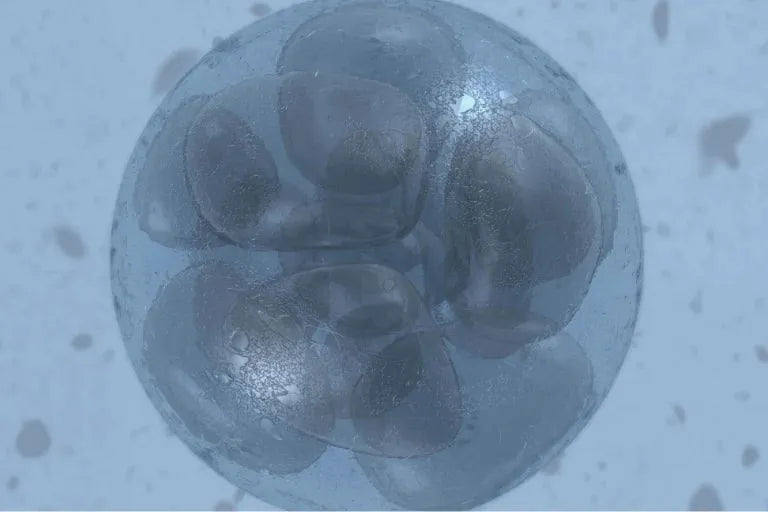
Preimplantation genetic testing, or PGT, is a technique used to examine embryos for genetic abnormalities before placing them in the womb.
This testing is part of the in vitro fertilization (IVF) process and helps identify and select embryos without specific genetic conditions or chromosome irregularities.
PGT is ideal for individuals or couples using IVF who want to ensure their future children do not inherit certain genetic diseases. It is beneficial for those who carry genetic disorders, have a family history of such conditions, or are concerned about chromosome abnormalities.
By selecting embryos free from genetic or chromosomal issues, PGT decreases the chances of miscarriage and increases the likelihood of a healthy pregnancy.
The PGT process includes several steps within an IVF cycle:
- First, eggs are retrieved and fertilized in a lab to develop embryos, which are grown until about day 5 or 6 (the blastocyst stage).
- At this stage, a small number of cells are taken from each embryo and sent off for detailed genetic analysis. The testing includes looking for single gene disorders (PGT-M), chromosomal anomalies (PGT-A), and structural rearrangements (PGT-SR).
- While waiting for test results, these embryos are frozen and stored safely.
- Finally, after 1-2 weeks, when the test results are available, embryos free from abnormalities are chosen for transfer into the uterus, completing the cycle.
PGT does not test for all potential genetic conditions, only a subset that can lead to debilitating conditions for a child.
Source: Washington University Physicians
3. Non-Invasive Prenatal Testing
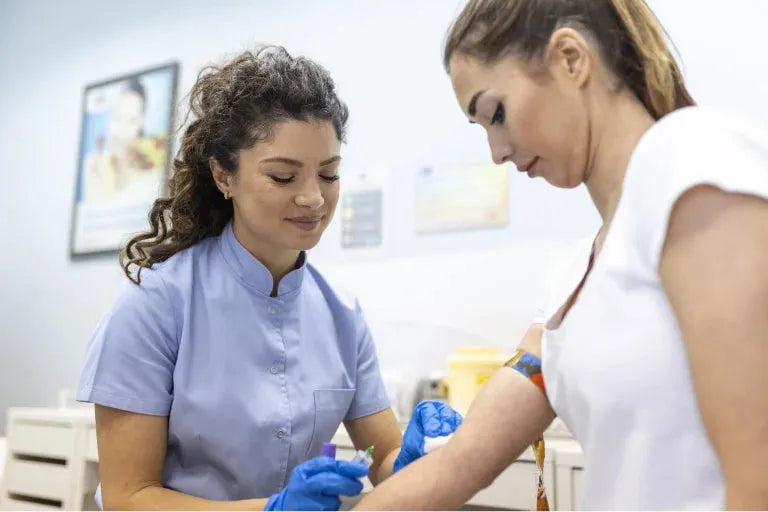
Non-Invasive Prenatal Testing (NIPT or NIPS) is a screening method that examines cell-free DNA (cfDNA) from a pregnant woman's blood.
This test assesses the risk of a fetus being born with genetic abnormalities, including various chromosomal disorders. In other words, it checks the genetic health of the developing baby during pregnancy.
NIPT can be performed from the tenth week of pregnancy onward, as this is when enough fetal cfDNA is usually present in the mother's blood. DNA fragments are released into a mother’s bloodstream from the placenta, carrying genetic information from the fetus.
What makes NIPT so great is its high accuracy in detecting certain genetic conditions while having a lower risk of false positives than traditional prenatal screening methods like sequential screenings and maternal serum tests.
The non-invasive nature of NIPT means it’s completely safe for both mother and baby. NIPT is very limited in screening and focused on chromosomal disorders.
Source: Penn Medicine, Medline Plus
You Might Like: Parents Have Science on Their Side
4. Diagnostic Testing
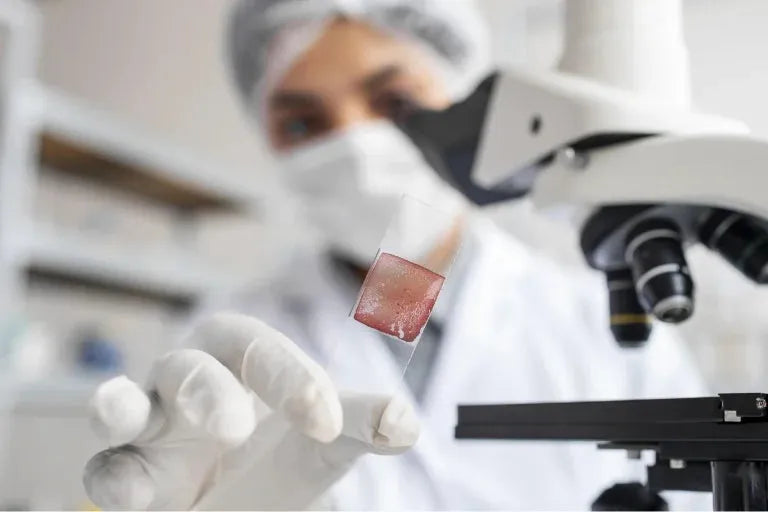
When experiencing symptoms that indicate underlying health issues, diagnostic testing becomes crucial. Among these tests, genetic testing gives definitive insights.
Through the analysis of a person’s DNA from a sample of blood or tissue, genetic testing can detect mutations that are responsible for the illness – confirming existing conditions and predicting future health risks. This will allow for timely and effective treatment strategies.
Ultimately, genetic testing offers information for diagnosing diseases, guiding treatment, and creating prevention strategies.
Source: National Library of Medicine
5. Tumor Genetic Testing

Tumor genetic testing, also known as tumor genetic profiling, examines the DNA of a tumor to pinpoint genetic mutations that could have led to cancer.
This can be done on tumor tissue directly or through a blood sample (liquid biopsy).
This testing is valuable for children and adults diagnosed with cancer, especially when the cancer has spread to lymph nodes or other parts of the body.
It's essential for achieving a precise diagnosis and for choosing the best treatment plan, like targeted therapies or immunotherapies, based on the genetic makeup of the tumor. Tumor DNA is mutated from a person’s normal DNA so understanding the tumor mutations can help understand the molecular drivers of the cancer.
This approach opens the door to more effective and potentially less invasive options for cancer care.
Source: Memorial Sloan Kettering Cancer Center
6. Multi-Cancer Early Detection Testing
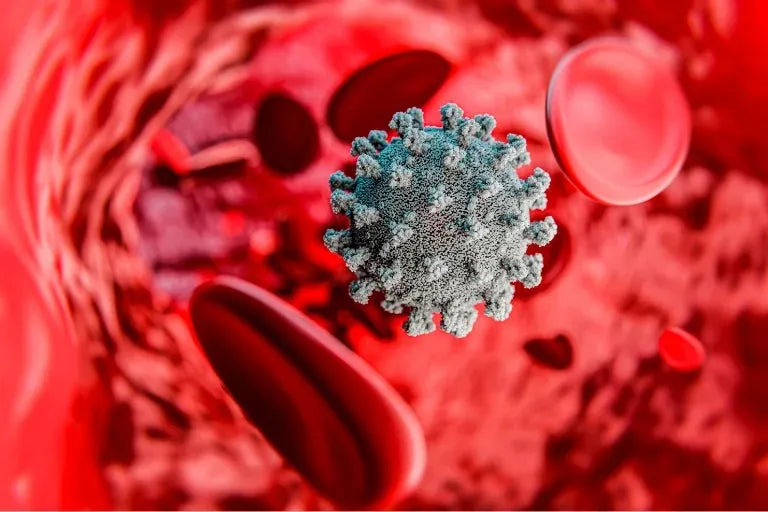
Multi-Cancer Early Detection (MCED) testing uses a simple blood test to check for serious cancers that typically don't have standard screening protocols.
Unlike traditional methods that target specific cancers, MCED tests catch a wider range of cancers early on. These tests are for adults who want to take proactive steps towards cancer detection, ideally before symptoms show and before hospitalization is necessary.
They identify cancers that aren't included in the five common screenings: breast, cervical, colorectal, lung, and prostate cancer.
Here's how the process works in three steps:
- The test identifies DNA fragments in the blood. These fragments are tiny byproducts shed by all cells, including cancer cells, and carry unique markers called methylation patterns. These patterns are chemical modifications that help distinguish between DNA from healthy cells and cancer cells.
- A machine learning algorithm sequences these DNA fragments and examines their methylation patterns to see if they come from healthy or cancerous cells.
- If cancerous DNA is found, the test uses pattern recognition techniques to predict where the cancer originated, pinpointing the specific organ or tissue type that might be affected.
Furthermore, these tests aim to improve overall cancer detection efficiency without overwhelming healthcare systems or increasing the risk of overdiagnosis.
Source: Grail
7. Minimal Residual Disease Testing
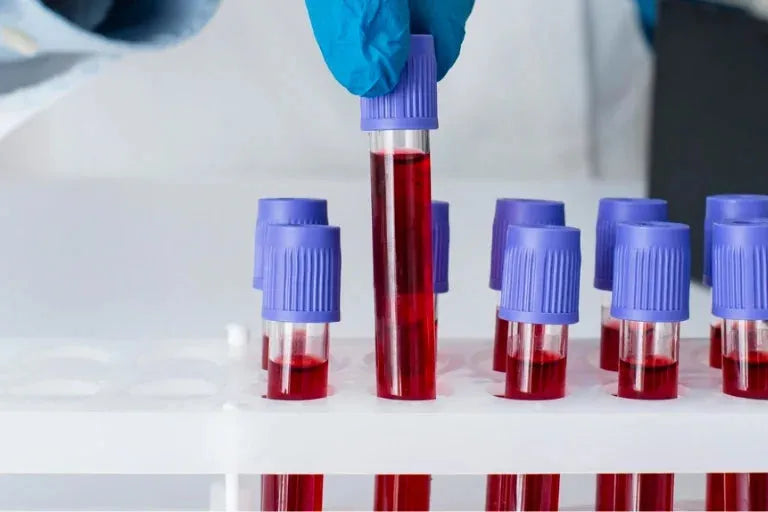
Measurable or Minimal Residual Disease (MRD) testing is used to detect very small numbers of cancer cells left in the body after treatment.
The techniques involved include multiparametric flow cytometry, polymerase chain reaction (PCR), and next-generation sequencing (NGS) – these spot the few remaining cancer cells among millions of normal cells.
MRD testing is applied to blood cancers, including leukemia, lymphoma, and myeloma, and researchers are exploring its use in other cancer types as well.
For patients undergoing cancer treatments, this test monitors their disease status.
MRD testing looks into how effectively a patient's cancer is responding to treatment. It’s highly sensitive compared to other testing methods, making it possible to determine if a patient is in remission.
Additionally, MRD testing is incredibly useful in clinical trials, helping assess the outcome of new cancer therapies. Researchers are able to see how completely a treatment is eliminating cancer cells.
Source: OncoLink
8. Pharmacogenetic Testing

Pharmacogenetic testing, or pharmacogenomics, explores how your unique genetic makeup affects the way you respond to medications.
This testing usually involves taking a sample of your saliva, blood, or a cheek swab.
Useful for both children and adults, this test is beneficial for those looking to understand how their genetics might influence their reactions to medications.
Additionally, pharmacogenomics assists healthcare providers in prescribing medication more accurately, which increases the effectiveness of treatments and reduces unwanted side effects.
Healthcare providers can choose the right medications and dosages for patients, cutting down on the often lengthy process of trial and error in medication management.
Source: Medline Plus
Pick the Genetic Test Most Appropriate to You
We hope this guide has shed light on the insights these genetic tests provide, helping you make well-informed decisions about your health and family planning. Remember, genetic testing is a tool that offers clarity and options, whatever your health goals are.
Fore Genomics is designed as the most comprehensive genetic screen possible for newborns, infants, and children. We want every family to have access to the best technologies available for their child's health. Genetic screening can be used prior to the onset of symptoms to lead to proactive management of genetic diseases.
Our goal is simple: to give parents peace of mind and help children live healthier lives.
FAQs
What is genetic testing?
Genetic testing involves analyzing your DNA to identify changes or mutations that could indicate a genetic disorder or increased risk of diseases.
Who should consider genetic testing?
Anyone considering family planning, those with a family history of genetic disorders, individuals diagnosed with or at risk of certain cancers, and anyone interested in personalized medicine.
Are there any risks associated with genetic testing?
The physical risks are minimal, especially for tests that only require a blood sample or cheek swab. However, there are emotional, social, or financial risks to consider.
Can genetic testing predict all diseases?
No, genetic testing can identify susceptibility to certain diseases but cannot predict all health issues.


